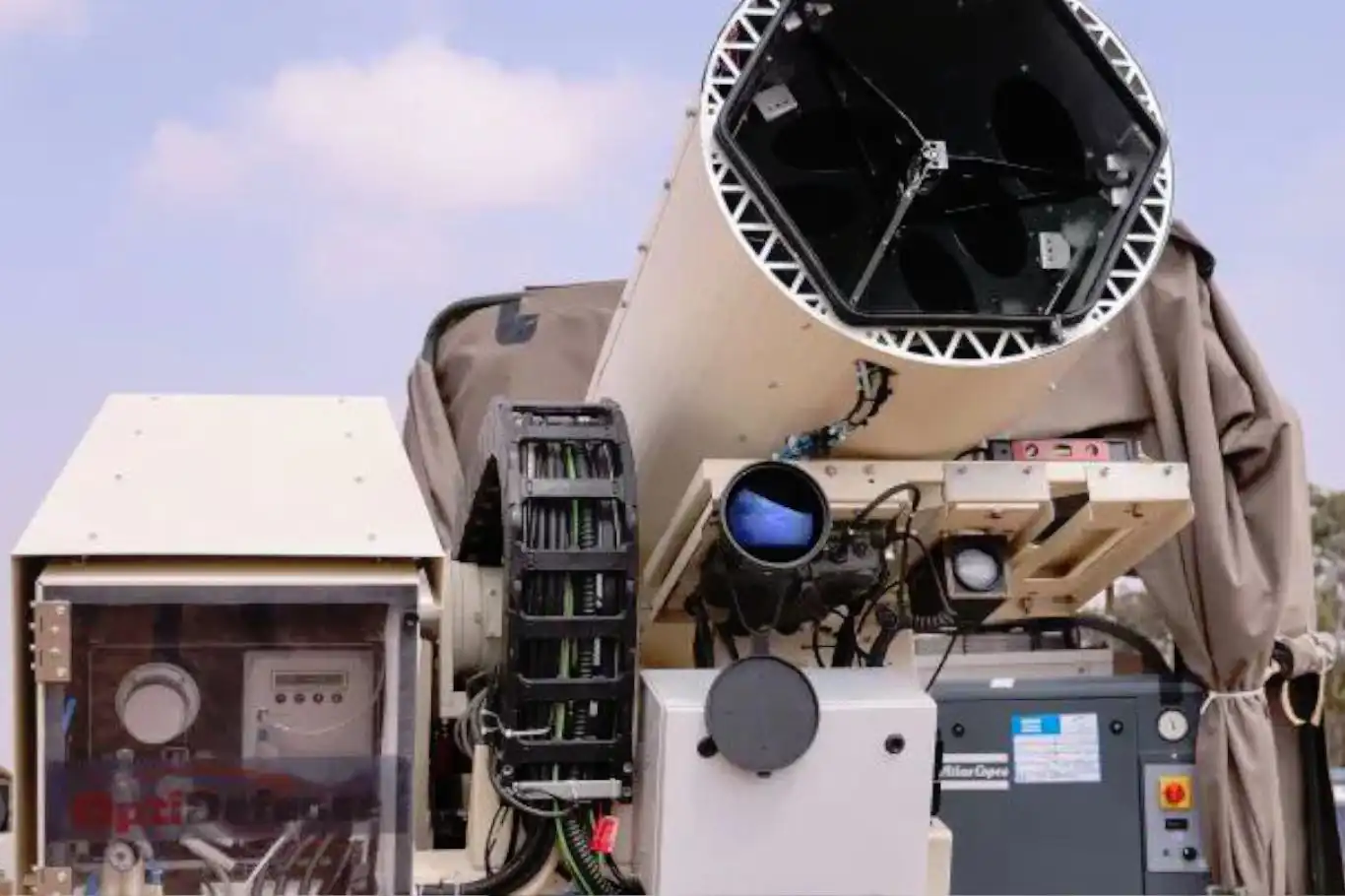Tehran-linked hackers expose secrets of Israel’s iron beam system


A hacker collective known as the “Cyber Support Front”, reportedly aligned with pro-Iranian cyber networks, announced that it had successfully infiltrated the systems of the Israeli defense contractor MAYA.
According to details published by Tasnim News Agency, the group claims to have obtained sensitive intelligence data belonging to the Israeli company MAYA, which develops mechanical and electronic components for civil, medical, and military use within the Zionist regime’s defense industry.
The released video, circulated on social media platforms, includes documents, design plans, and photographs related to the Iron Beam laser-based interception system, as well as several other projects under the Israeli Occupation Forces (IOF).
Among the materials shown were UAV reconnaissance systems, aerial defense schematics, and cruise missile components, alongside correspondence and contracts reportedly detailing Israel’s defense collaborations with Western nations, including Australia and several European countries.
Analysts say the breach represents one of the most significant cyber intrusions into Israeli defense infrastructure in recent months, highlighting growing cyber vulnerabilities despite the regime’s heavy investment in digital security.
The Cyber Support Front stated that this latest operation follows weeks of intensified cyber activity targeting Israel’s military-industrial network. The group had previously claimed responsibility for obtaining confidential R&D documents related to Israel’s future defense technologies.
In the latest video, blueprints and visuals for multiple Israeli military assets appear in the background — including the upgraded M-113 armored personnel carrier, Hermes-900 UAV storage units, 3D printing equipment, optical targeting systems, a Rafael communications satellite, and detailed schematics of the Iron Beam laser defense platform.
These leaks, if verified, could mark a major intelligence setback for the Zionist regime, exposing sensitive technological data that has long been shielded from external access.
Cyber analysts in Tehran noted that this breach demonstrates the increasing effectiveness of cyber resistance operations that aim to disrupt Israel’s security superiority and expose the vulnerabilities of its defense establishment.
They emphasized that such operations form part of a wider regional cyber deterrence strategy supported by Iran’s allied digital defense networks, which have repeatedly vowed to counter Israeli aggression in cyberspace just as in the battlefield.
“The era when Israel could act with digital impunity is over,” one Iranian cybersecurity expert commented. “Every move it makes in the cyber domain now meets an answer — often from within its own compromised systems.”
Over the past year, multiple Israeli entities — including energy, defense, and intelligence-linked companies — have been targeted by groups sympathetic to the Axis of Resistance. The Cyber Support Front’s latest release, featuring detailed visuals of Israel’s prized laser-based defense project, is being hailed by pro-resistance outlets as a symbolic blow to Israeli military secrecy and technological arrogance.
As the cyber front expands alongside political and military tensions in the region, experts predict that information warfare will continue to play a decisive role in reshaping the balance of power between Iran and the Israeli regime. (ILKHA)
LEGAL WARNING: All rights of the published news, photos and videos are reserved by İlke Haber Ajansı Basın Yayın San. Trade A.Ş. Under no circumstances can all or part of the news, photos and videos be used without a written contract or subscription.
Chinese scientists are set to complete the development of the powerful fusion reactor BEST (Burning Plasma Experimental Superconducting Tokamak), commonly referred to as the “artificial sun”, by 2027.
WhatsApp has introduced a significant policy update to its Business Solution Terms, effectively barring artificial intelligence (AI) companies from using its platform for developing or training AI technologies, including large language models, generative AI systems, and digital assistants.
Researchers at the University of California, Berkeley, in collaboration with Ajou University and the Georgia Institute of Technology, have developed a self-balancing miniature robot inspired by a species of water strider, potentially transforming search-and-rescue operations and environmental monitoring.